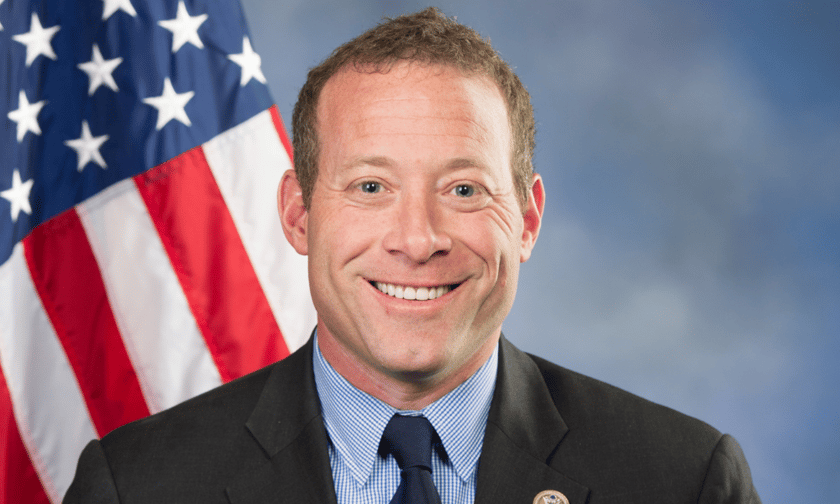

Democrat New Jersey Congressman Josh Gottheimer (pictured above) has introduced a proposal for a $1,000 tax credit for homeowners who purchase flood insurance, whether through the private market or the National Flood Insurance Program (NFIP).
The proposed legislation, called the Flood Loss Offset and Affordability Tax Credit, or FLOAT Act, is co-sponsored by Republican Rep. Andrew Garbarino of New York.
According to a statement from Gottheimer, only about 27% of US homeowners currently have flood insurance coverage. The average annual cost for an NFIP policy is $1,152.
The congressman highlighted concerns about the affordability of flood insurance, noting that the NFIP lost 100,000 policyholders in 2023 and is expected to lose hundreds of thousands more this year as rising premiums push homeowners out of the market.
Gottheimer said the goal of the FLOAT Act is to make flood insurance more affordable, providing financial relief to families facing the risk of disaster.
“These are tough issues, but there is nothing partisan about natural disasters and helping our families. I know that if we work together through the good and the bad, through the clearest of skies and heaviest of rain, in the greatest country in the world, our best days will always be ahead of us,” he said.
In addition to the FLOAT Act, Gottheimer is pushing for the passage of the NFIP Reauthorization and Reform Act. This legislation would extend the flood insurance program and cap annual premium increases at 9%. The act also includes provisions for improving flood zone mapping and expediting the payment of claims.
Gottheimer is one of more than 50 members of Congress urging House Speaker Mike Johnson, a Republican from Louisiana, to reconvene the chamber to approve emergency disaster funding for the Federal Emergency Management Agency (FEMA) and the Small Business Administration (SBA).
Gottheimer noted that the SBA's disaster loan program has run out of funds due to recent extreme weather events.
A recent report by AM Best indicated that recent natural catastrophes have led private market flood insurers to take a more cautious approach. However, the report noted that any long-term solution to the challenges facing the NFIP would require greater involvement from private market insurers.
What are your thoughts on this story? Please feel free to share your comments below.
